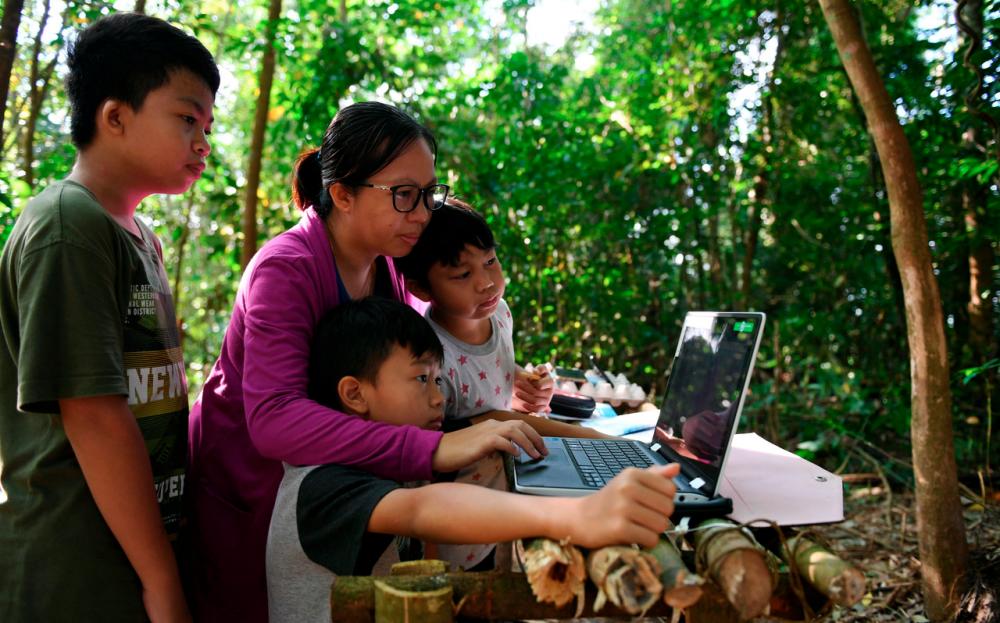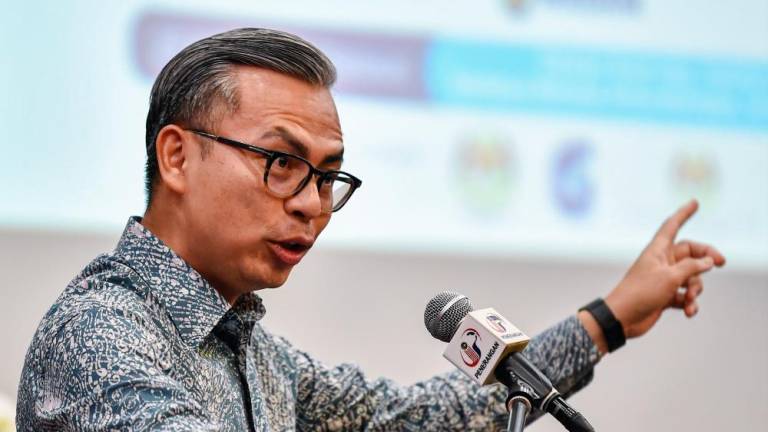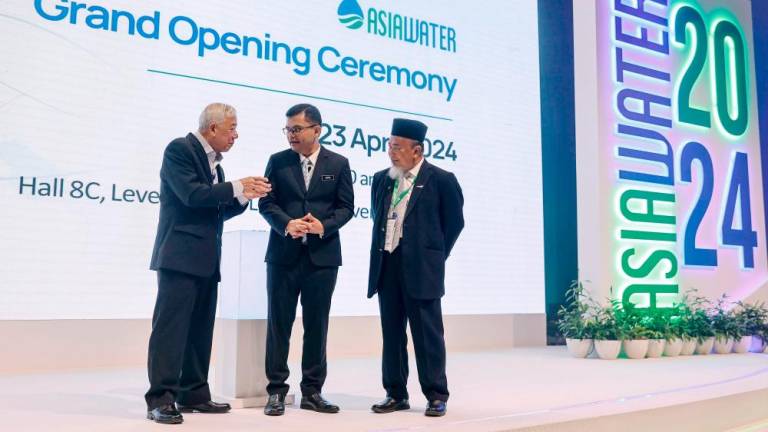By NUR ADILAH RAMLI
IN Malaysia, education is among the sectors hardest hit by the Covid-19 pandemic, resulting in its inevitable shift from physical to digital platforms.
To some educators and students, this shift is especially challenging given the lack of necessary infrastructure to enable online learning.
This is also challenging to parents as on top of working, they are involved, more than ever, in supervising their children’s online learning as well as post-online learning activities.
“It takes a village to raise a child” suggests that it requires cooperation and commitment from all layers of society for a child to be raised well, imbued with positive qualities.
In the context of education, elected officials, public administrators, corporate bodies, educators, parents and family, as well as students have to work together, towards shaping and facilitating a more accommodative and inclusive education system, especially in light of the pandemic, which has dramatically changed the education landscape; equipping the system and its users with the required infrastructure, with the aim to producig high-quality students who will in turn benefit the nation.
The saying “it takes a village to raise a child” is translated in the initiatives by elected officials in raising funds to purchase laptops for distribution to students in need, and efforts by financially-abled public figures or individuals who expend money to provide laptops and tablets to students in need.
On a personal level, I recall that last year, my siblings and I chipped in to help pay for an iPad for use by our youngest sibling at a government school which requires the use of iPad for teaching and learning activities in a technology-rich environment.
As use of the iPad in the “Apple Distinguished School” is necessary, students who cannot afford to purchase an iPad are given alternatives to either pay for an iPad through installments to the school or borrow an iPad from the school’s library.
Through my sister, I could see how the adoption of technology was helping her in her studies in part due to the convenience in
accessing information in a few taps, though I could not quite imagine myself in her position, schooling from home for close to a year now.
Scheduled to sit for her Sijil Pelajaran Malaysia this year, I understand her worry of not being able to learn physically and arguably more effectively from her teachers and friends.
Aside from online classes conducted by her school teachers, my siblings and I chipped in to supplement her learning by signing her up for additional online classes.
Thanks to my elder sibling who installed WiFi at our home, our youngest sibling could stream her online classes and engage with her teachers and friends virtually without much hassle.
My youngest sibling at times complains of slow internet connection, and I remind her that she is better off compared with some other students who have to climb a tree or hike a hill for internet connection. However, her frustration is not unwarranted for I, too, wish that the speed of the internet could be further improved, especially as the amount paid for the service is not inexpensive.
In this regard, I think it is important to exert pressure on telecommunication companies or telcos and the government for them to measure up.
Following the case of the student who climbed a tree so she could get internet connection to sit for her examination, which drew media’s attention, local and abroad, it was reported that a plan to build 13 telecommunication towers in the district is under way. This highlights the need for the masses to make their voices heard through any proper, available channel.
In the case of the student, I am of the view that the video – which she uploaded to YouTube – in her effort to secure internet connection was not to paint a black picture of any party but to demonstrate how she managed to sit for her examination, despite the limited internet coverage.
But the ripple effect of her video helped the people in her district with the building of telecommunication towers.
There is no telling when this pandemic will end nor will we know whether we could ever return to pre-pandemic times. What is certain is a lot has changed since the pandemic.
In education, we are seeing a greater use of screen and stylus compared with paper and pen, which demands proper infrastructure and unrelenting efforts from all parties in enabling the process of online learning as “it takes a village to raise a child”.
Comments: letters@thesundaily.com














